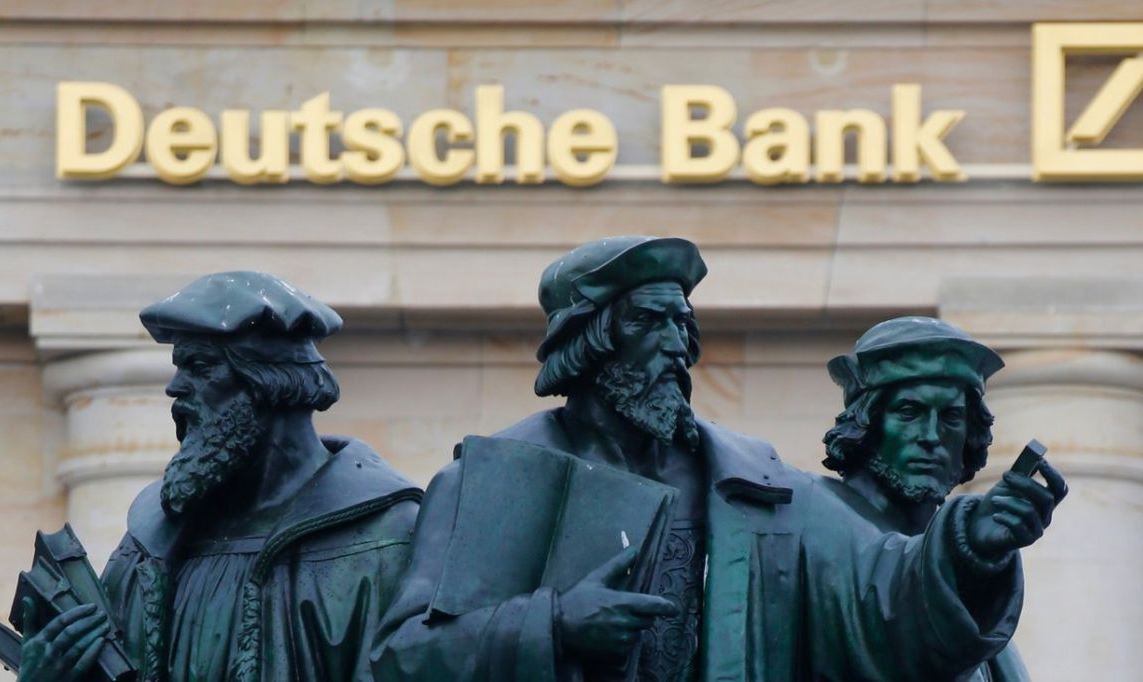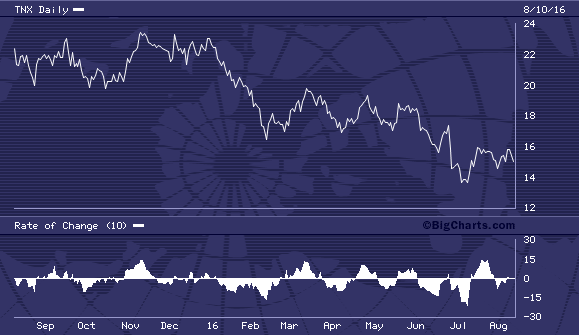Populist movements – real populist movements, not the “pop” populism trumped in the U.S. – are building momentum across the globe. Gerald Celente breaks down the reasons why and analyzes whether such movements can develop in America. He also explores how eight years of massive global central-bank quantitative easing and low-interest rate/cheap-money schemes have boosted equity markets, while dismal Gross Domestic Product, wage and productivity data prove central-bank policies have failed to generate true economic growth.
Mike Shedlock – Fed Vice-Chairman Admits Fed Sponsors Wealth Inequality
Federal Reserve Vice-Chairman Stanley Fischer made a couple of controversial statements this week regarding negative interest rates. Fisher stated negative rates “seem to work” while admitting they are bad for savers but they “typically they go along with quite decent equity prices.” There are two problems in play. The first is an explicit admission that the Fed sponsors wealth inequality. …
Trends This Week – No good options – 08.24.16
Trend forecaster Gerald Celente provides a “globalnomic” view of what happens if/when the Federal Reserve hikes interest rates – especially to your bottom line. Celente examines how thew rigged market talk about interest rates affects gold, the strength of the dollar and more.
DIRK BEZEMER – MICHAEL HUDSON – Finance is Not the Economy
Why have economies polarized so sharply since the 1980s, and especially since the 2008 crisis? How did we get so indebted without real wage and living standards rising, while cities, states, and entire nations are falling into default? Only when we answer these questions can we formulate policies to extract ourselves from the current debt crises. There is widespread sentiment …
JACK RASMUS – Greek Debt and the New Financial Imperialism
This week marks the first anniversary of the 2015 Greek debt crisis, the third in that country’s recent history since 2010. Last Aug. 20-21, 2015, the ‘Troika’—i.e., the pan-European institutions of the European Commission (EC), the European Central Bank (ECB), plus the IMF-imposed a third debt deal on Greece. Greece was given US$98 billion in loans from the Troika. A …
yler Durden – A Stunning Admission From Deutsche Bank Why A Shock Is Needed To Collapse The Market, And Force A Real Panic
In what may be some of the best, and most lucid, writing on everyone’s favorite topic, namely “what happens next” in the evolution of the financial system, Deutsche Bank’s Dominic Konstam, takes a look at the current dead-end monetary situation, and concludes that in order for the system to transition from the current state of financial repression, which has made a …
Alternative Visions – Japan’s Perpetual Recession Economy: QEs, Negative Rates, and Helicopters – 08.12.16
Jack reviews the current condition of Japan’s economy, after 8 years of virtual perpetual recession despite record QE central bank injections, negative interest rates, and talk of helicopter money. The Central Bank of Japan as harbinger of global capitalist central banks policy direction and innovation. How central banks-bank of japan free money policies are not only no longer working, but are now having contrary negative effects on the global economy. Japan’s history of monetary policy first, plus austerity, since 1991 has doomed it to perpetual recessions—8 since 1991 and 5 since 2008. Japan as innovator of QE and negative rate policies. The results in creating trillions of non-performing bank loans (NPLs) and more than $13 trillion in negative bond rates since 2014 are reviewed. Growing NPLs and negative rates as indicators of failing capitalist monetary policies as investment slows, productivity declines, wages stagnate and real consumption falters worldwide. Why global economies are about to shift in 2017 to more fiscal infrastructure spending—but will do so ‘too little and too late’ to prevent recessions in 2017.
CLIF DROKE – Why the US Benefits From Global Financial Crisis
Let’s turn our attention to the global economy. Last week the Bank of England said it would buy 60 billion pounds of government debt in order to cushion the economy against the impact of the recent Brexit vote. England and the European Union are emulating the quantitative easing (QE) policies of the US Federal Reserve but so far without any …
How the FED’s QE Contributed to Inequality
People in America get really angry at the Federal Reserve and at the “money system” in general during economic crises. The Fed draws hostility because of its power, its insulation from democratic accountability, its lack of transparency, and because of its historical and structural connections to finance. It has a lot of power in the economy because it has a …
Alternative Visions – Why QE Policy is ‘Dead and Dying’ and ‘Helicopter Money’ Is An Alternative – 08.05.16
Jack Rasmus explains why all economic indicators for the US economy are ‘flashing red’ except for consumer spending, driven mostly by surging household debt again in credit cards, mortgages, auto loans and student loans. Meanwhile, 7 years of continued low interest rates created by the Federal Reserve (and other central banks) are creating a crisis in pensions, insurance, and sectors …










